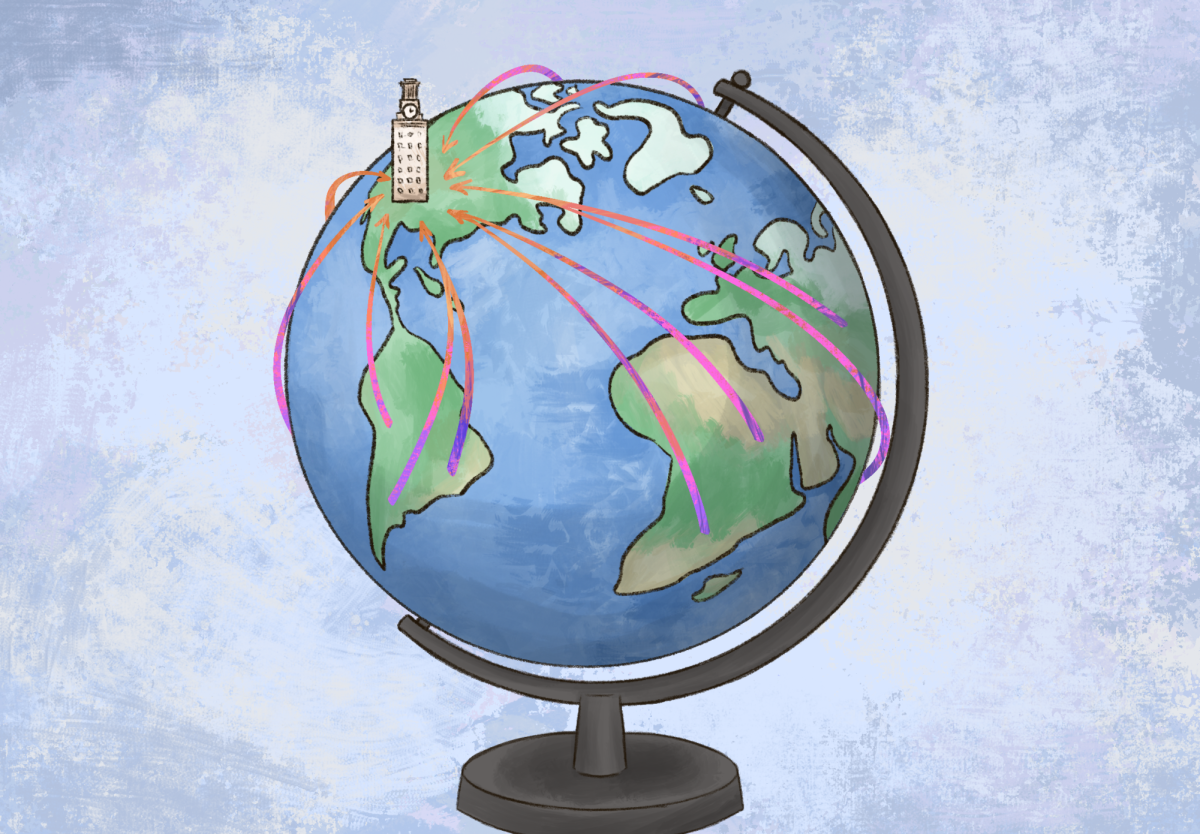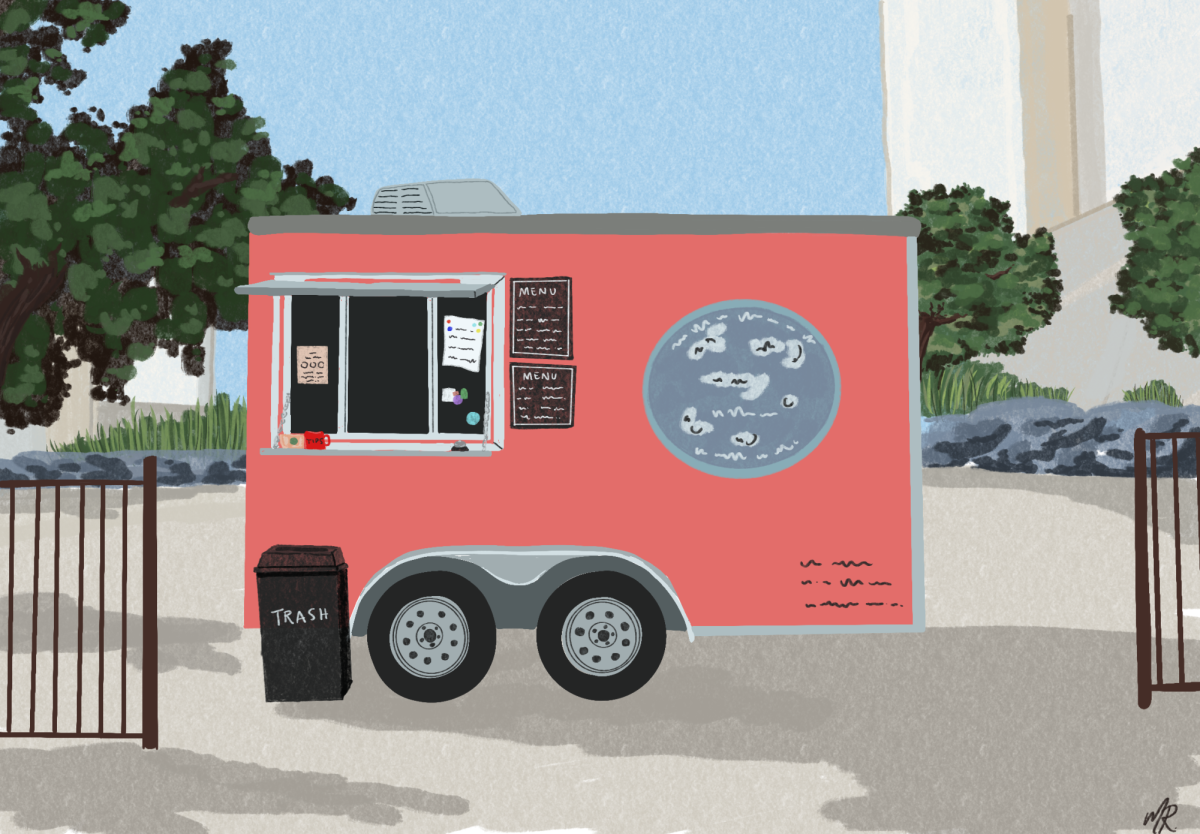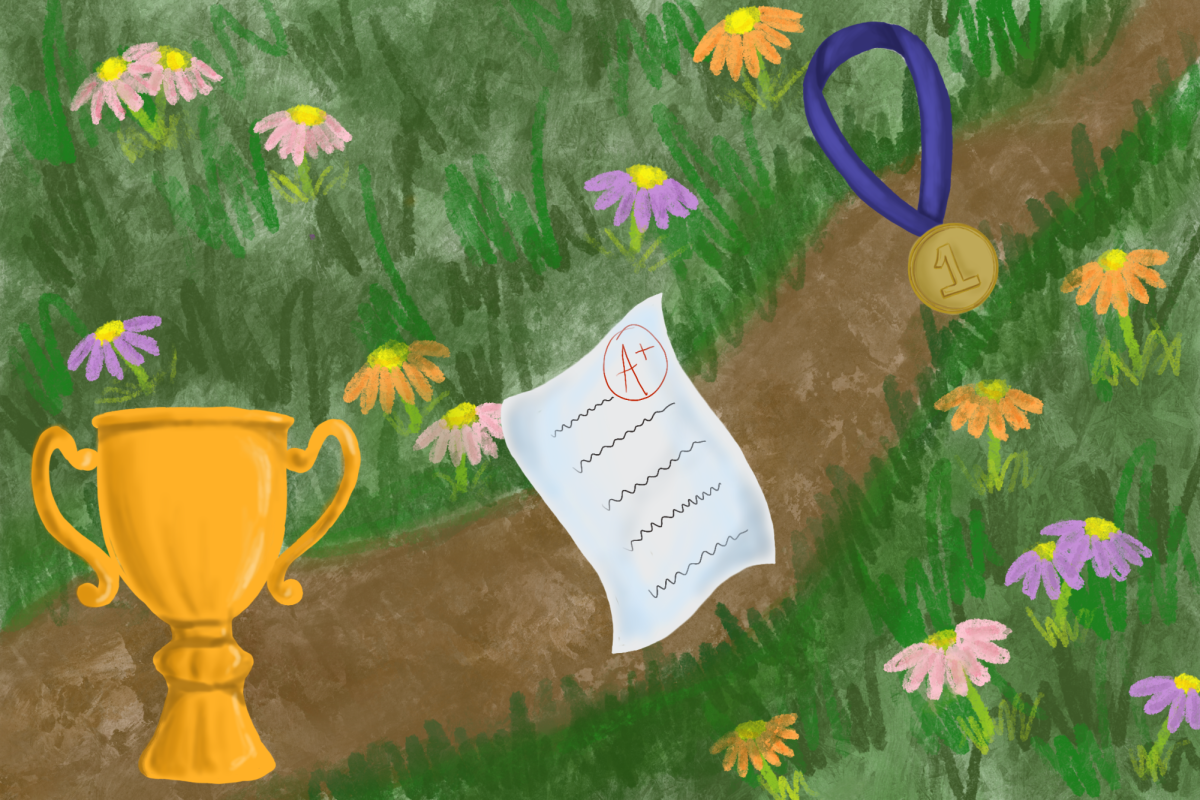As the end of the semester draws near, many undergraduate students will submit their senior theses, final projects and long-term assignments. Although many of these tasks were assigned at the start of the semester, many UT students will wait until the last moments to complete them.
Many college students procrastinate on their schoolwork, and the likelihood of procrastination increases from freshman to senior year. It seems like we are all professional procrastinators. In a recent study by Turbo Tax, Austin ranks sixth among the nation’s top cities that procrastinate on taxes. However, maybe procrastination isn’t a negative characteristic after all.
What is it about deadlines that make us wait until the last moment to meet them? Psychologists summarize three basic types of procrastinators.
First, there are the thrill seekers, those who wait until the last minute for the thrill to rush to do something. Second, there are the “avoiders” who would rather put something off because of a fear of failure. This group cares what people may say about them and would rather have others think they lack effort than ability. Lastly, there are the indecisive procrastinators who cannot make a decision about the project they are about to start so the easiest choice is to just put it off completely. In addition, many may choose to procrastinate just because they really don’t want to do the task at hand.
But the issue is not a lack of time to begin a project; we would rather fill the time with other less important things, even if those things are useless.
Although research has shown that procrastinators make lower grades than those who do not, is procrastination really all that bad? Some may argue that as long as the deadline is met, then what’s the harm in procrastinating? Perhaps this practice can actually strengthen the student body in ways that are often overlooked.
The more you put off an assignment, the more time you end up thinking about the project. This extra time can lead to second thoughts about the task or decision that would not have occurred if the decision was made right away. For example, holding off on writing a paper will give your mind more time to process and think of different angles and approaches to the assignment. This additional time is almost crucial to producing an interesting paper. Although people who do not procrastinate probably take time to think about the paper as well, they are disadvantaged from allowing second thoughts to play a role.
Another point to consider is that procrastination actually leads to creativity. T.S. Eliot once said, “Anxiety is the handmaiden of creativity.” When you have to get an assignment finished right away, you often get in “the zone” and the anxiety pushes you to toss out preconceived ideas of how to approach a task, leading to creative thinking.
Creative ideas enable students to view a topic in a new and unique perspective, which further promotes tolerance and diversity on campus.
Lastly, the biggest advantages to procrastination are the skills they actually build. In today’s corporate world, speed, conciseness and efficiency are necessary skills to success, and procrastination helps develop those skills. Not only does one learn to accomplish tasks quickly but also to do them well.
Although procrastination has a bad reputation, perhaps it is worth considering how we can use this common practice to actually prepare our student body for careers after graduation.
Dafashy is a Plan II senior.

















